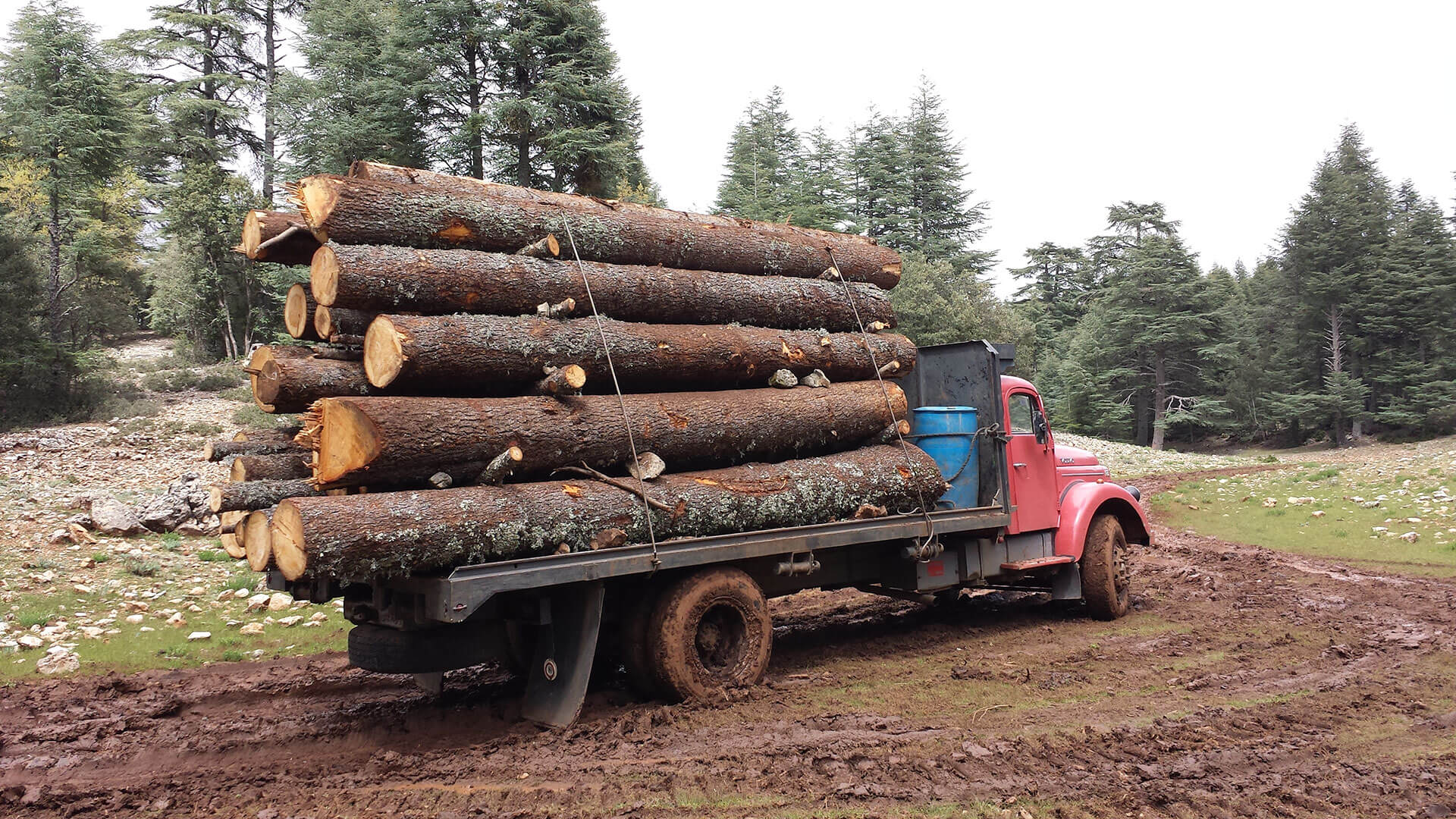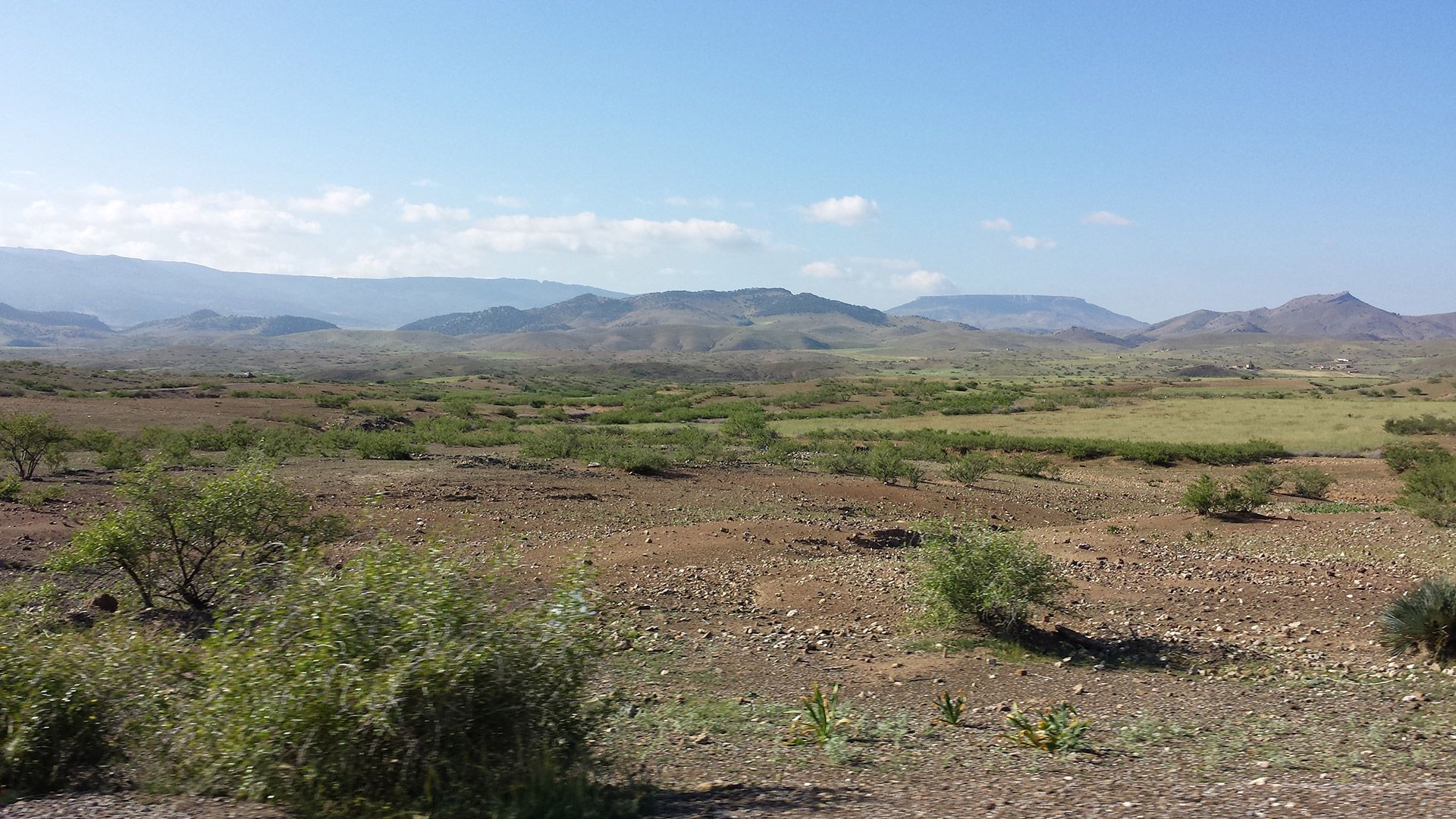SOCODEVI is returning to Morocco with a new five-year project that aims to improve the living conditions of at least 10,000 people in Berber communities. These populations, isolated between mountainous cedar forests and immense natural rosemary steppes, earn a living by exploiting agroforestry resources.
“In this part of the country, women already pick rosemary but they are not members of the cooperatives. They give their harvest to their husbands who are then paid by the cooperatives, said our program Officer Richard Trudel, who has visited the region on several occasions. We would like the women to become members as well as managers of the cooperatives!”
The Development of Forestry Cooperatives and Women’s Empowerment (COOPFAM) project also aims to improve the performance of ten forest worker cooperatives by creating and maintaining 2,000 decent jobs (1,000 for women) through thesustainable management and the processing of rosemary and cedar.

A Multidimensional Approach
COOPFAM, funded by Global Affairs Canada, will be led in partnership with the Moroccan Department of Water and Forests. It will assist cooperatives working with cedar wood and Rosemary to adopt better practices in terms of management, economic integration of women and sustainable exploitation of natural resources.
The project will also implement different programs focussing on literacy, leadership and administrative management carried out by women. Another program will raise awareness about the importance of equality between men and women in the household.
Economically, Richard Trudel is convinced that there is big potential in obtaining organic certification for Rosemary. “There are thousands of hectares of natural plains,” he said, “and there is the possibility of processing Rosemary as an essential oil. Some cooperatives already own distilling facilities but they are underused. For the cedar wood, it will also support sustainable management so that it promotes natural regeneration.”

Building on Cooperative Values
The idea to form cooperatives in the area came from the state, which owns the land, with the aim of ensuring resource sustainability and organized harvesting. “These plains full of Rosemary cannot be allowed to disappear because otherwise it will become a desert,” added Trudel.
Our environment advisor, Mylène Savard, recalled that cooperative enterprises must work to offer services to their members that will allow them to properly manage the natural resources and minimize their ecological footprint. “Fortunately, the cooperative is a vector that allows us to reach a large number of people and strengthen the environmental training of the members and directors.”
To ensure the sharing of cooperative values, hundreds of people – elected officials, managers and directors – receive training with the help of the PerformCoop Approach.
Groups at the provincial level, bringing together cooperatives, communes, the Department of Water and Forestry along with private enterprises, will contribute to consolidating the efforts already underway. Training to support the competitiveness and sustainable and inclusive economic development for the forestry worker cooperatives will be offered to key state employees.